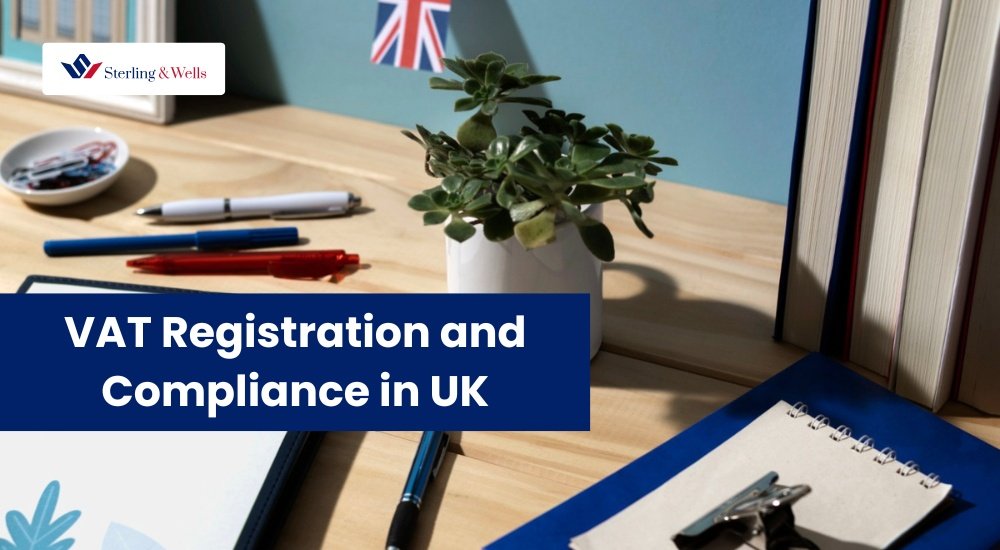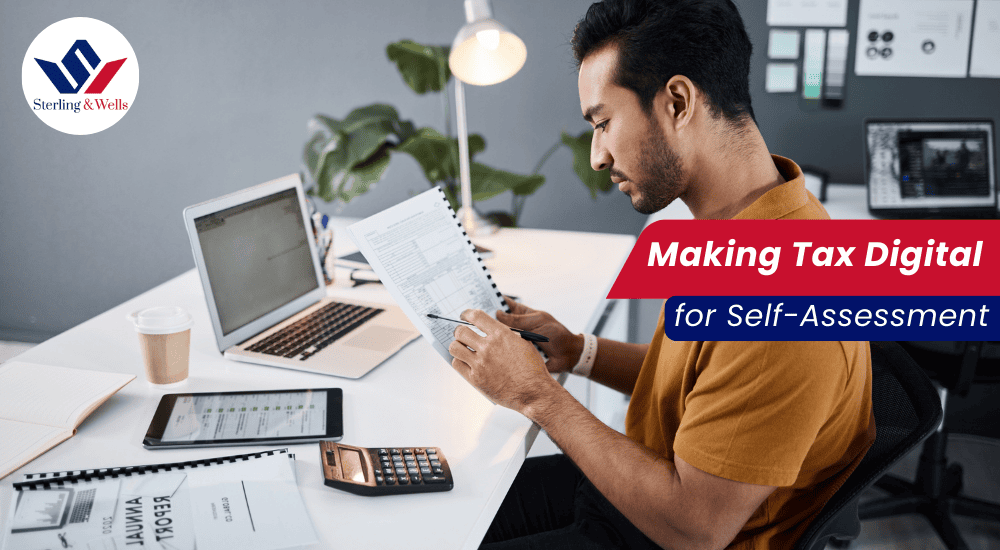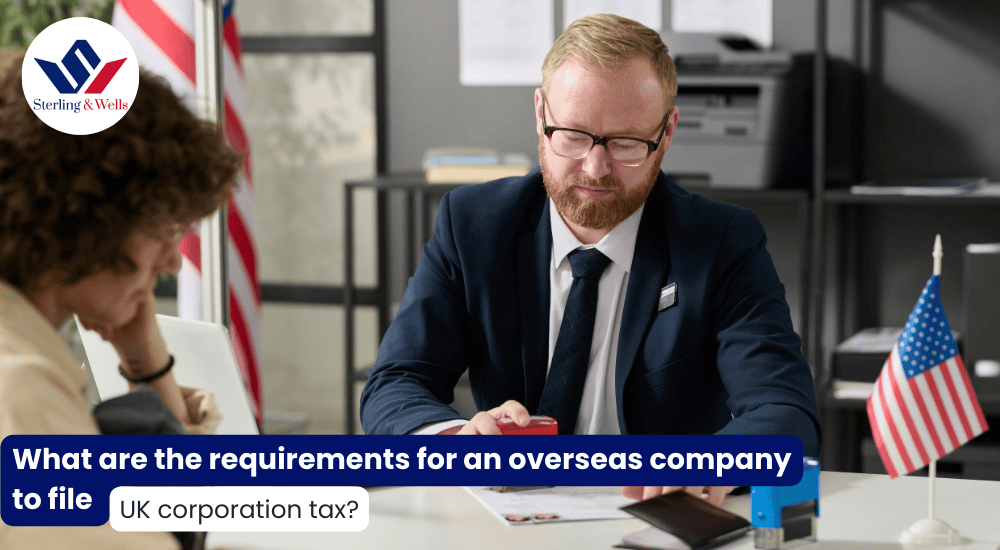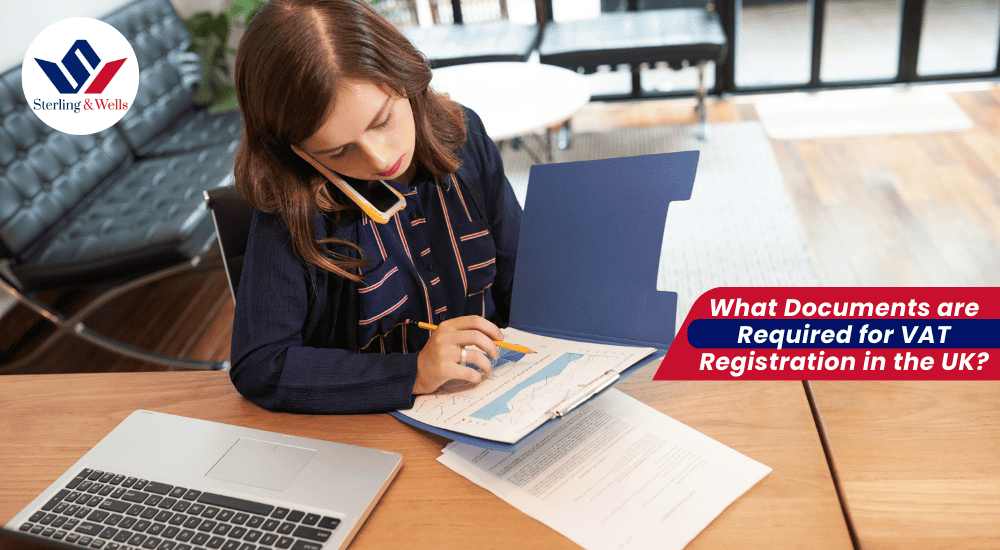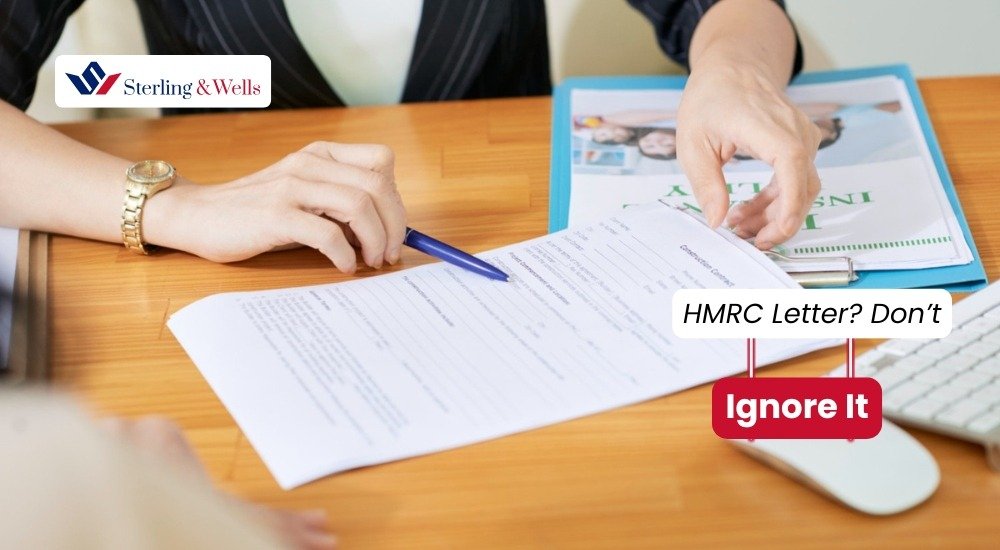Value Added Tax (VAT) is a type of indirect tax that is applied at each stage of the production and distribution process. Unlike direct taxes, which are levied directly on income or wealth, VAT is collected by businesses on behalf of the government and is included in the price of goods and services. VAT was introduced in the UK in 1973, replacing the old Purchase Tax. Its introduction was part of the UK’s commitment as a member of the European Economic Community (EEC), which required adopting the VAT system as a standard form of taxation across its member states.
This article explores the essential aspects of VAT registration in UK, including voluntary registration, the registration process, and the consequences of late registration, while also highlighting the responsibilities after registration and the importance of keeping digital records.
UK VAT Registration
VAT registration in UK is mandatory for businesses with taxable turnover exceeding £90,000. Once registered, businesses must charge VAT on their sales and remit it to HM Revenue & Customs (HMRC).
However, the rules have changed post-Brexit (UK’s exit from EU), affecting both UK-based businesses and those located outside the UK, especially when conducting cross-border transactions.
Voluntary UK VAT Registration
Even if a business does not exceed the threshold, it can opt for voluntary registration of VAT. Many small businesses will choose to voluntarily register for VAT to take advantage of the benefits listed below:
Reclaiming Input Vat
VAT paid on purchases from other VAT-registered businesses can be reclaimed, offering substantial savings, especially for businesses with high operational costs. For example, a construction company regularly purchasing building materials will pay VAT on these items. Once VAT registered, the company can reclaim the VAT paid, lowering the overall cost of materials. This not only leads to significant savings but also boosts profitability and cash flow, enhancing the business’s financial health.
Increased Business Opportunities & Credibility
VAT registration enhances credibility by signalling VAT compliance and presenting a more established business image to customers and suppliers, creating a competitive edge, especially over non-VAT registered competitors. It can also make a business the preferred partner for other VAT-registered companies, increasing demand as a trade or service provider. Many businesses prefer to work with VAT-registered entities, as they can reclaim VAT on purchases, whereas non-VAT registered businesses do not offer this benefit. This can help expand the customer base, project growth, and increase the overall appeal of the business.
Record Keeping
Voluntary registration of VAT provides an incentive to maintain accurate records, keep receipts, and properly file transactions, leading to greater operational efficiency in the long term. Once VAT registered, regular VAT returns must be submitted to HMRC, detailing VAT collected from sales and allowing for the reclamation of any VAT paid on purchases. This process requires careful financial record-keeping, which can help businesses make more informed and strategic decisions.
Backdating VAT Claims
A Potential Financial Benefit- Businesses that have kept accurate records and receipts may be eligible to backdate VAT payments made up to four years prior to registration. HMRC allows claims for VAT paid on services within the six months before registration and VAT paid on goods that are still in the company’s possession or were used to produce other goods within the last four years. In many cases, claiming back old VAT payments can result in significant cash refunds, providing a valuable financial boost to the business.
Meeting Government Tender Requirements
More government tenders and contracts now require suppliers to be VAT registered, even if they fall below the compulsory threshold. Voluntary UK VAT registration enables small businesses to compete for public sector opportunities and demonstrates financial diligence and transparency to both local and central government buyers.
Key Scenarios Requiring VAT Registration in UK
Registration becomes mandatory for businesses in the following scenarios:
Importing Goods into the UK
When a business imports goods from outside the UK, it must register for VAT to account for import VAT. This ensures that the correct tax is paid before the goods can be sold in the UK market.
Selling Goods or Services to UK Customers
Any business that sells products or provides services to customers within the UK must register for VAT. This allows the business to charge VAT on its sales and submit it to HMRC.
Storing Goods in UK Warehouses
If a business holds stock in a UK warehouse, whether for distribution or future sales, VAT registration is required. This is because storing goods in the UK creates a taxable presence for VAT purposes.
Selling Goods from the UK to the EU
When a business moves goods from the UK to the European Union, VAT registration is necessary to comply with export VAT rules. This ensures that VAT is correctly handled both in the UK and the destination country.
Conducting Distance Selling (Online Sales)
Businesses that sell goods online or via e-commerce platforms to UK customers must register for VAT. This applies even if the business is based outside the UK, as VAT is charged on digital and physical sales to UK consumers.
UK VAT Registration Process
The process of registering for VAT in the UK is primarily done online due to its convenience and efficiency. Here’s a step-by-step breakdown:
Step 1: Create a Government Gateway Account
To begin, businesses need to create a Government Gateway Account. This involves setting up a unique ID and password, which provides secure access to HMRC’s online services.
Step 2: Provide Business Information
During registration, the following details are required:
- Business name and address
- Type of business (e.g., sole trader, partnership, or limited company)
- Turnover and expected VAT taxable revenue
- Bank account details
- Contact information for the business owner or director
Step 3: Submit the Application
Once all the necessary details are filled in, submit the application through the HMRC website. HMRC will review the application and verify the provided information.
Step 4: Receive an Activation Code
Within a few days, HMRC will send an activation code by post to the business address. This code is essential for accessing the VAT online dashboard.
Step 5: Access the VAT Dashboard
After activating the account, businesses can access the VAT dashboard. From here, they can:
- Check their VAT status
- Submit VAT returns
- Track VAT payments and refunds
- Monitor important deadlines
- Apply for or download the VAT registration certificate
Step 6: Receive UK VAT Registration Number
Upon successful registration, HMRC will issue a unique Value Added Tax registration number. This number must be included on invoices and official business documents when charging VAT to customers.
Required documents and information for VAT Registration in UK
When registering for VAT in the UK, both businesses and individuals must provide certain key documents. These documents help ensure the registration process is efficient and that your business complies with HMRC requirements. Below is a breakdown of the required documents for both businesses and individuals.
| Name | Documents Required |
|---|---|
| Business Information |
Business name, contact details (address, phone number, email). Nature of business activities (e.g., goods sold, services provided). Legal structure (e.g., limited company). |
| VAT-related Information | Total taxable turnover for the past 12 months or expected turnover for the next 30 days if above £90,000. |
| Bank Account Details | Bank account information: Bank's name, sort code, and account number. |
| Proof of Business Address | Utility bill, lease agreement, or official correspondence showing the business address. |
| Company Information |
Certificate of Incorporation or company registration number. Details of company directors: names, addresses, and dates of birth. Companies House registration documents. |
| Previous VAT Registration (if applicable) |
Previous VAT registration details (VAT registration number). Foreign Businesses (if applicable): Foreign VAT registration or evidence of UK trading activity. |
| Name | Documents Required |
|---|---|
| Personal Identification | Government-issued ID (passport or driving license). |
| Business Information |
Name and address of the business, nature of business activities (similar to business registration). Expected or actual taxable turnover in the last 12 months. |
| Bank Account Information | Bank details: sort code, account number, and the bank's name. |
| Proof of Business Address | Utility bill or official document showing business address. |
| National Insurance Number | NI number for the sole trader. |
| Name | Documents Required |
|---|---|
| Partnership Details | Names, addresses, and NI numbers of all partners (if applicable). |
| Other Documents | Documents similar to those required for individuals (above). |
UK VAT Registration for Foreign Businesses
Following Brexit, the rules for registration of VAT for foreign businesses (both from the EU and non-EU countries) have changed.
Key Requirements:
- No VAT Threshold: Unlike UK-based businesses that have a VAT registration threshold, foreign businesses must register for VAT as soon as they start making taxable supplies in the UK, regardless of their turnover.
- No Local Presence Required: There’s no need to open a UK-based office or establish a local company to register for VAT.
- No Fiscal Representative Needed: Unlike some countries, the UK does not require foreign businesses to appoint a local tax representative for VAT compliance.
When is Registration Required?
It is necessary when selling goods or services to UK customers, storing goods in UK warehouses, or importing goods into the UK.
How to Register?
Foreign business can easily register online through HMRC’s website and receive a VAT registration number.
Consequences of Late Registration of VAT
It’s crucial for businesses to register for VAT in a timely manner. If a business fails to register for VAT when required, they may face financial penalties. The amount of the penalty depends on how much VAT is owed and how late the registration occurs. Late registration can also lead to the requirement to back-pay VAT on sales made since the date when the business should have registered.
Responsibilities After UK VAT Registration
Registering for VAT is just the beginning of your tax obligations in the UK. Once a business successfully registers for VAT, it must adhere to several key responsibilities to ensure compliance with HMRC regulations. These responsibilities include:
- Charging the correct rate of VAT on sales.
- Keeping accurate VAT records and issuing VAT invoices.
- Filing VAT returns and making timely payments to HMRC.
- Complying with Making Tax Digital (MTD) requirements.
- Informing HMRC of any changes to business details.
Keeping Digital Records
VAT-registered businesses are required to maintain accurate digital records to ensure compliance with VAT regulations. This helps streamline reporting and ensures that all transactions are properly documented. Below are the key requirements for keeping digital records and filing VAT returns:
-
Mandatory digital record-keeping for VAT-registered businesses.
-
Must maintain detailed records of sales and purchases.
-
Records should include date, value, and VAT amount for each transaction.
-
Digital systems help ensure accuracy and ease of reporting.
-
Records must be kept for at least 6 years
-
Filing VAT Returns
-
VAT returns typically submitted quarterly
-
Can be monthly or annual in some cases
-
Must be filed electronically via HMRC’s online system
-
Include total sales and purchases, VAT owed and reclaimed
-
Deadlines: one month and seven days after the end of each VAT period
-
Late filing may result in penalties.
VAT Registration Exemption in the UK
In certain situations, businesses can request an exemption from UK VAT registration. This applies when most of your goods or services are zero-rated (VAT rate of 0%). However, you must seek approval from HMRC for this exemption.
Who Can Apply for Exemption?
- Businesses that mainly deal with zero-rated goods or services.
- Non-UK businesses (non-established taxable persons) whose supplies are entirely zero-rated.
How to Apply?
You can apply for an exemption in two ways:
- Online: Through the register for VAT online service.
- By Post: Request the VAT registration form from HMRC.
Conclusion
Understanding and complying with VAT registration in UK is essential for businesses operating within the country or engaging in cross-border trade. With post-Brexit changes, both domestic and foreign businesses must be aware of the updated VAT thresholds, registration requirements, and compliance responsibilities. Voluntary VAT registration offers strategic benefits, such as reclaiming input VAT, enhancing business credibility, and improving financial record-keeping.
Additionally, foreign businesses must register as soon as they make taxable supplies, regardless of turnover. Timely registration and maintaining accurate records are crucial to avoid penalties and ensure smooth VAT management. By staying informed and proactive, businesses can effectively navigate the complexities of the UK VAT system and leverage its benefits for growth and profitability.
